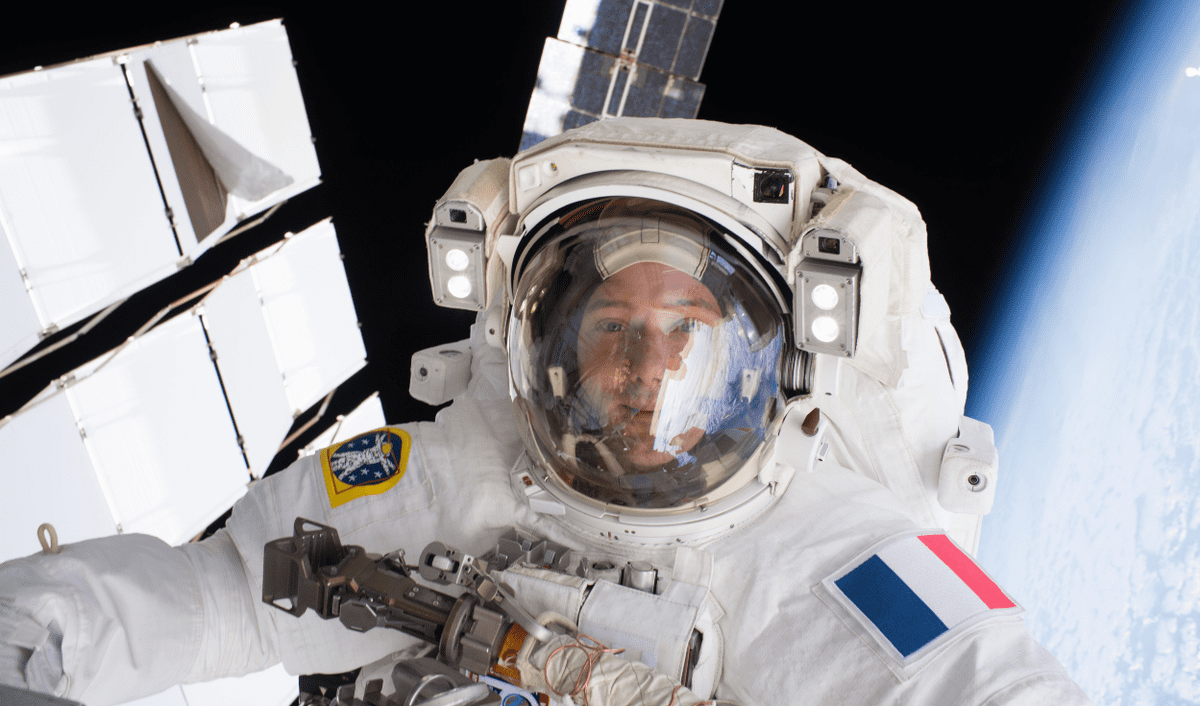The study says that astronauts’ brains “swell” during space travel. Image: NASA
After analyzing the brains 30 astronauts During their missions in space, a team of researchers discovered that in these scenarios, this organ experiences an unusual expansion that can last for several years, depending on the duration and frequency of the flights.
Experts explain that the ‘swelling’ of the human brain is due to the redistribution of cerebrospinal fluid that occurs under conditions of weightlessness, increasing the size of the cerebral ventricles, the structures that contain said fluid within the skull.
The study, by scientists from the University of Florida, NASA’s Johnson Space Center and other institutions in the North American country, is published in the journal. nature.
Effects of space travel on the brain
The investigation concluded that astronauts who embarked on missions of six months or more duration present significant increases in the cerebral ventricles, while ventricles of less than two weeks do not exhibit significant changes.
“We found that the longer people spent in space, the larger their ventricles,” said Rachel Seidler, professor of physiology and applied kinesiology at the University of Florida and author of the paper.
However, the time it takes for the ventricles of the brain to return to normal size in these people also depends on how often they travel.
According to experts, astronauts who go on long missions see their cerebral ventricles diminish in size in just six months, while in those who travel on short missions, these structures take about three years to fully recover.
“This finding suggests that the brain is affected by the cumulative effects of multiple flights and possibly separate episodes of adaptation to the microgravity and spaceflight environment,” the researchers wrote.
Ventricular inflammation is thought to be a kind of compensatory mechanism that allows it to adapt to sudden changes in the cerebrospinal fluid, which regains its normal distribution once it returns to Earth.
As shown by previous studies, this change occurs because, under conditions of microgravity, the cerebrospinal fluid is redistributed by upward displacement.
Study limitations
One limitation of the research is that scientists have not determined the direct effects of these brain modifications on travellers’ health, although others have linked them to vision problems.
Whatever the case, they recommend future studies on more astronauts in order to get a better idea of how different anatomy is affected and thus better prepare us for trips to the Moon and Mars.





